Korean-American professor trains clinicians on China’s Korean border
By Kelly Brooks-Staub
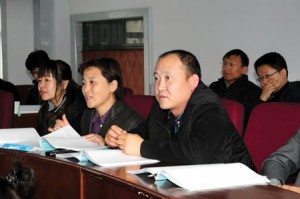
In rural northern China, primary care is often provided by “village doctors” or “barefoot doctors,” practitioners with little formal training who rely on traditional methods and folk medicine for healing.
“We are taking the first step in building the infrastructure of community health workers there,” says professor Miyong Kim, PhD, RN, FAAN, who is translating her knowledge of community-based participatory research in Korean-American communities for use in China.
Li Chun Yu, PhD, RN, who once worked as a postdoctoral fellow under Kim’s mentorship, is coordinating efforts at Yanbian University to educate the village doctors and strengthen their capacity to serve their communities.
Last October, Kim traveled to Yanbian for a week-long training for village doctors. The focus: managing chronic diseases, especially for patients in rural settings. More than 50 healthcare providers attended the 2009 training, and more than 140 have been through the program since its inception.
Located near the Chinese-Korean border, Yambian is the only university in China that employs Korean and Chinese as official languages. This makes Kim a perfect fit for the program: She instructs her students in Korean or English, with a Chinese translator close at hand.
Kim plans to return this June for a week-long training on care for diabetes patients. Accompanying her will be three Hopkins nursing students, conducting research as part of the Minority Global Health Disparities Research Training Program. It’s just the beginning of a long partnership, as Kim and Li are seeking NIH funding to compare care for high blood pressure patients in U.S.-Korean and Chinese-Korean populations.
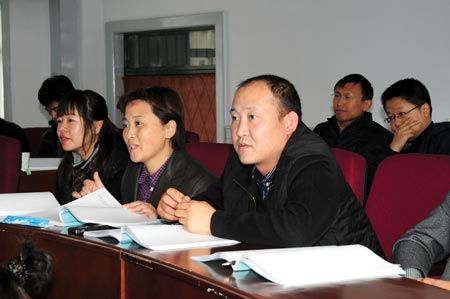
 Global Service Learning: Guatemala
Global Service Learning: Guatemala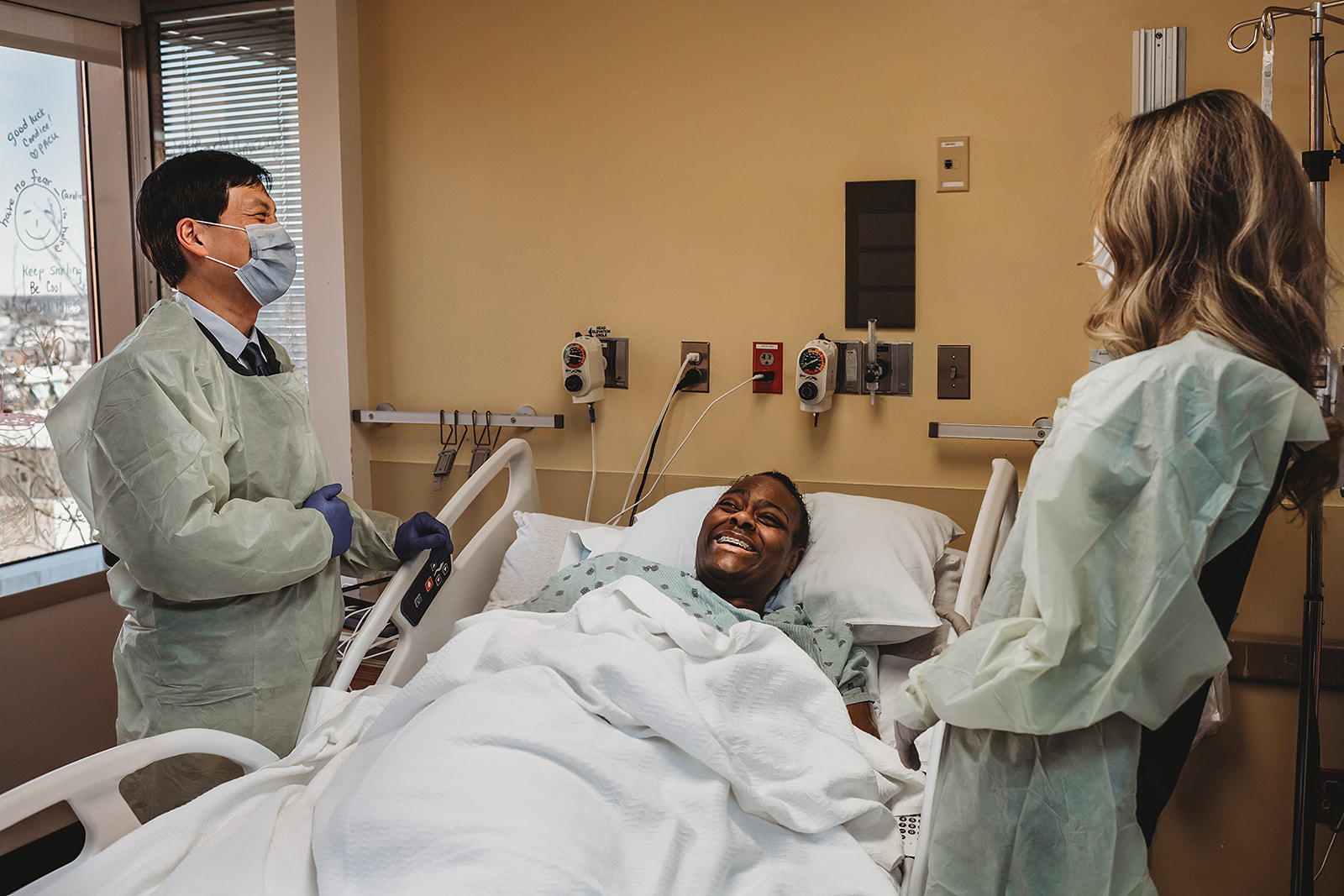 ‘Helpful, Powerful, Kind’ Palliative Care
‘Helpful, Powerful, Kind’ Palliative Care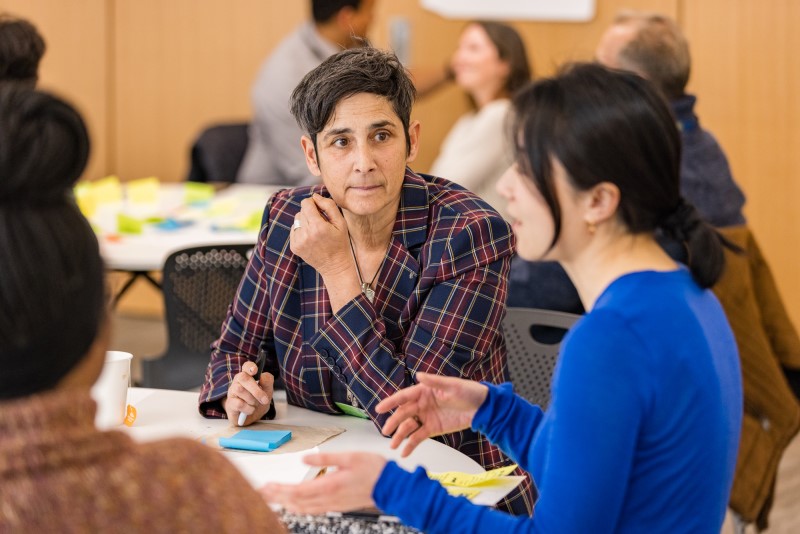 For Neighborhood Nursing, a Known Commodity
For Neighborhood Nursing, a Known Commodity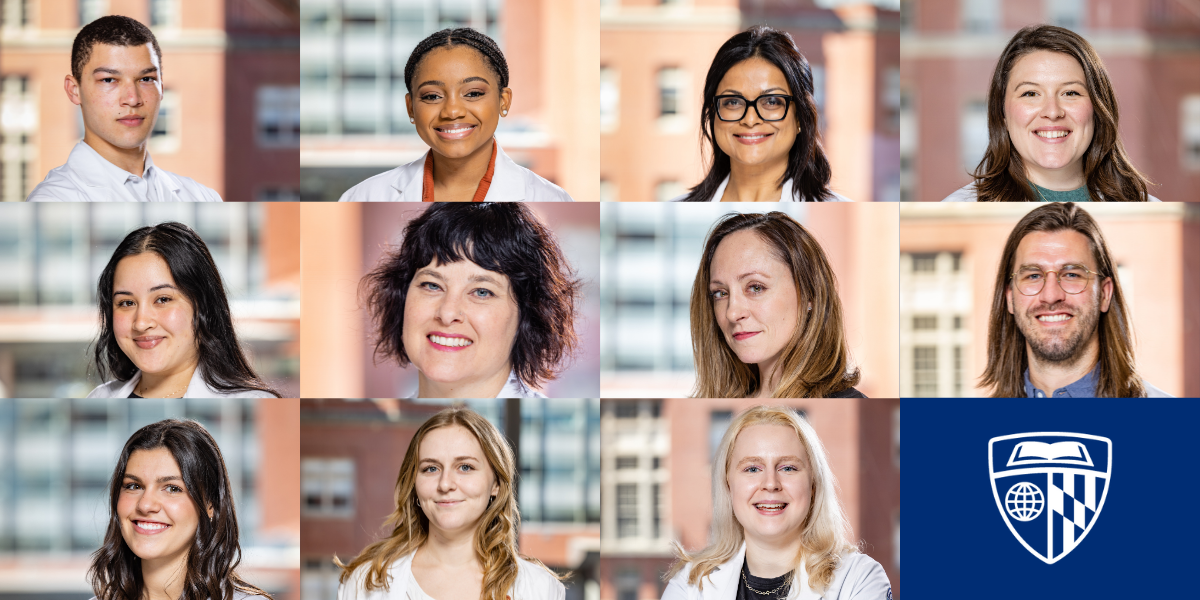 Seize the Day: Health Policy for All
Seize the Day: Health Policy for All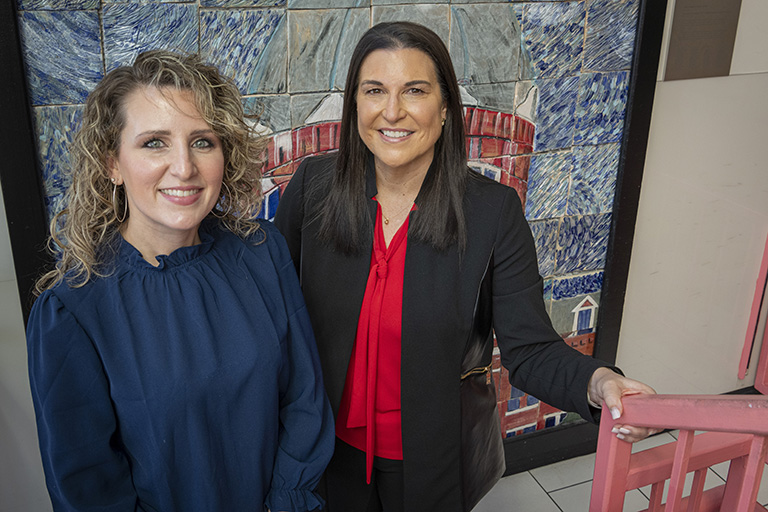 Help on Diabetes in Schools
Help on Diabetes in Schools






